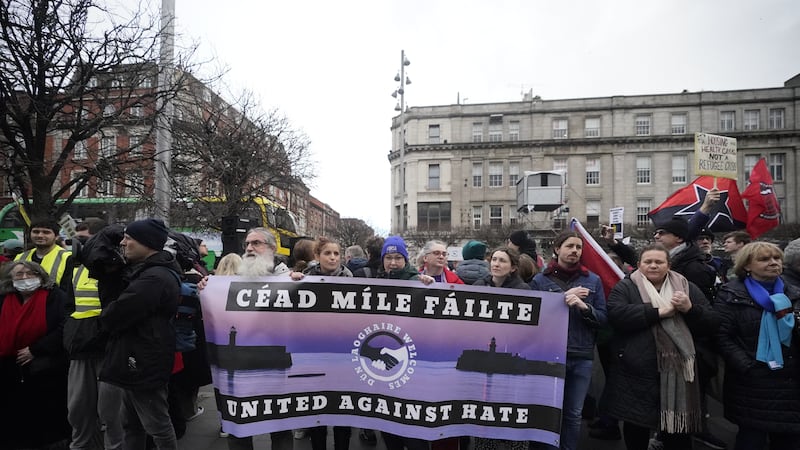As the theatrical countdown to a Stormont deal quickens, attention is turning to how to stop the next inevitable crisis.
The UUP wants voluntary coalition, imposed over Stormont’s head.
Alliance also wants voluntary coalition but only when Stormont agrees to it. In the meantime, it wants Westminster to reform the assembly’s petition of concern.
None of this will happen, obviously - Sinn Féin would not agree to the former, the DUP would not agree to the latter and London would not unilaterally impose such basic changes to the Good Friday Agreement.
Yet there is just as much magical thinking in Sinn Féin’s ‘respect agenda’, where the executive will apparently be stabilised by the DUP agreeing never to outwit republicans again.
This fondly imagined prospect, sadly not called voluntary submission, is in effect a demand for the DUP to give up normal politics because it is too good at it.
No doubt the DUP has been chastened by Sinn Féin’s use of the nuclear option over the past year - but how long is this humility expected to last and how stable a foundation for the executive could it ever possibly be?
Politics is a battle a day in all political systems - especially coalition systems. For the respect agenda to function, the DUP will have to guess where Sinn Féin perceives politics to end and disrespect to begin on every issue, then cease battling at that point.
This may create an appearance of respect from mutual wariness but it will be based on contempt, so will implode at the first misjudgement.
In addition, it will motivate Sinn Féin to refine its threats to devolution instead of just getting better at the day to day business of politics. As in North Korea, the people will starve while the missiles get bigger and the tests more frequent.
What Stormont needs is a way to resume full-scale conventional politics without the risk of nuclear escalation. There is no need to end power-sharing to do this - all that is required is for the largest nationalist and unionist parties to be included in the opposition arrangements applied to every other party.
Opposition has evolved rapidly at Stormont. In 2015, the UUP walked out of the executive, creating a precedent for unofficial opposition, in which government continues uninterrupted and the remaining parties reallocate any vacated ministerial seats.
The following year, a private member’s bill put this on a formal footing. Parties are expected to claim opposition status when an executive is formed but can still leave the executive for opposition at any time.
Extending this to the largest parties in each designation would create a mandatory-voluntary coalition, where nobody could be excluded from office except by their own hand.
Under present circumstances, for example, Sinn Féin’s walk-out in January would not have collapsed the executive - it would simply have handed three ministerial seats to the DUP.
That might make this look like a restriction on republicans. It would have looked different in 2015, however, when the DUP was threatening to walk out of the executive.
The DUP has been by far the most prolific user of executive threats and boycotts in the past and is likely to be so again - it refuses to say if it will serve in an executive as Sinn Féin’s junior partner.
Why should everyone be denied government because the DUP comes second in an election?
The real question is who would change the rules to bring in mandatory-voluntary coalition.
London would not dream of even hinting at such an intervention this close to a Stormont deal. After the deal, Stormont’s turkeys will hardly vote for Christmas.
Perhaps the key is remembering that neither London nor Sinn Féin and the DUP own the rules of devolution.
The Good Friday Agreement is a treaty between the UK and the Republic of Ireland. It followed talks at Stormont, but the DUP walked out and Sinn Féin abstained from the final show of hands.
The St Andrew’s Agreement is likewise a deal between the British and Irish governments. It followed agreement with the DUP and Sinn Féin, but Sinn Féin seems to think that deal has broken down.
If the next crisis is serious enough to merit re-writing the rules - or the next few years are stable enough to permit reform of the rules - London and Dublin can agree to lead or impose on mandatory-voluntary coalition.
If the DUP or Sinn Féin objected, what would they do? Walk out?
newton@irishnews.com








